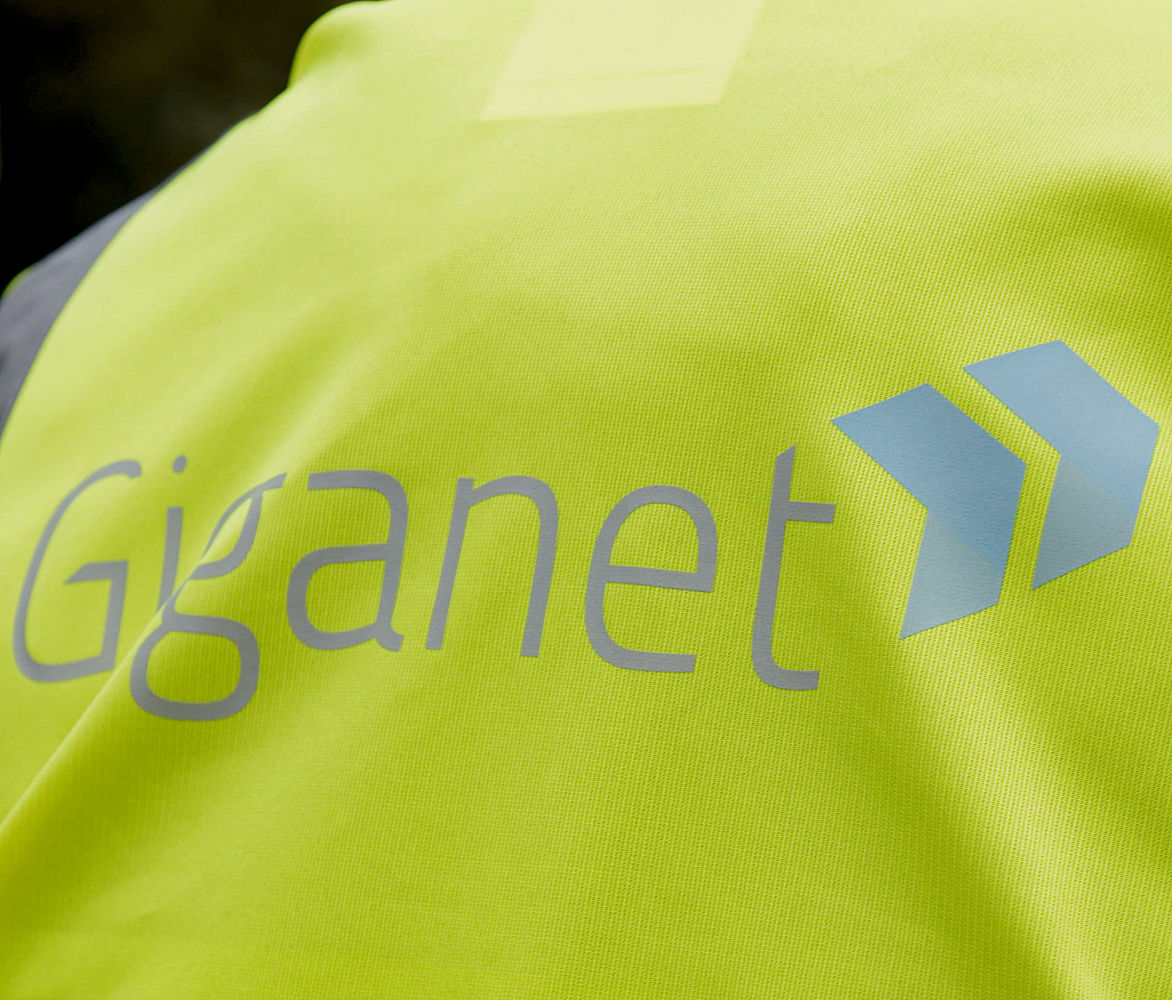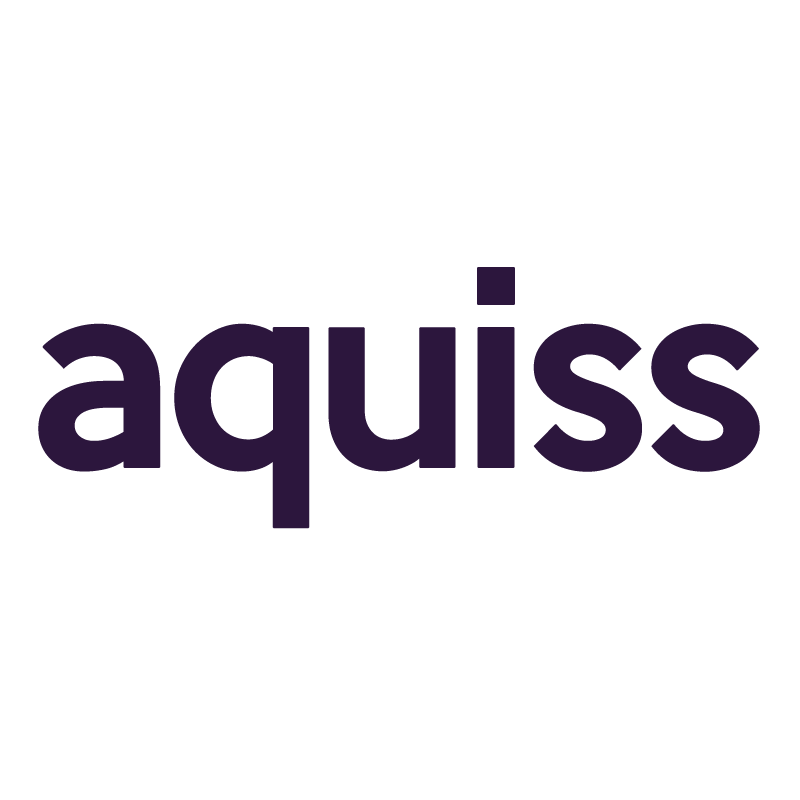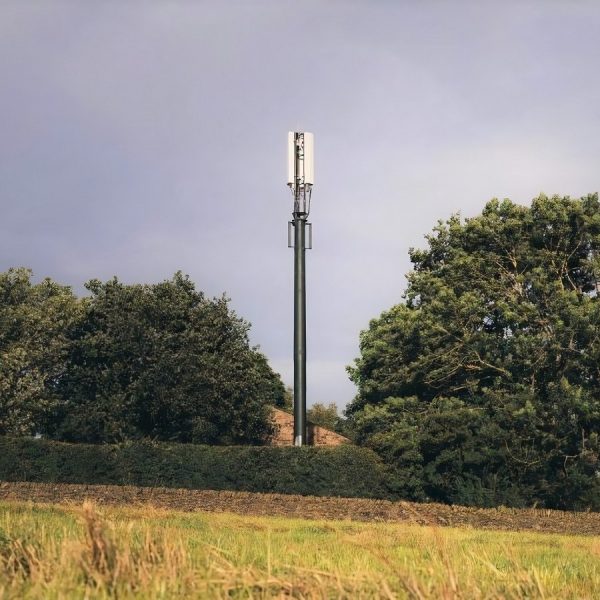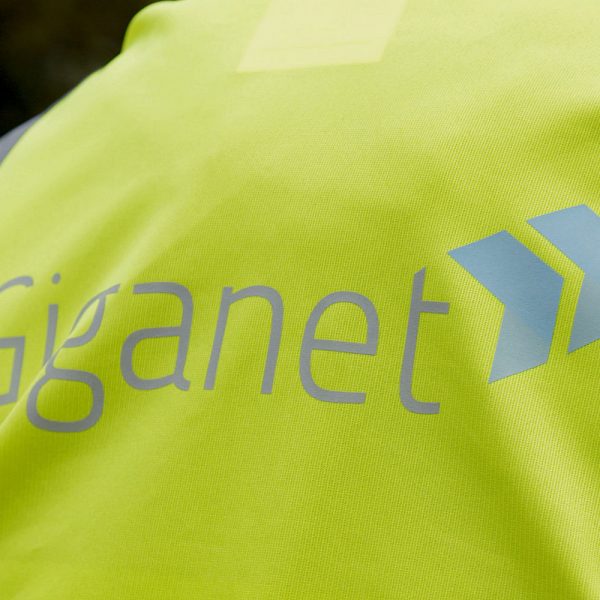BT Openreach Publish Tentative UK Wholesale Prices for G.fast Broadband
How much will the next generation of 160-330Mbps based G.fast broadband technology cost to buy from your ISP in the United Kingdom? Today Openreach (BT) has given us a good indication by publishing their first Early Market Deployment (EMD) wholesale prices for the service and it looks affordable.
As present Openreach’s top 80Mbps (20Mbps upload) FTTC (VDSL2) based “fibre broadband” product costs about £49 +vat to Self-Install (PCP-Only) or £99 for a Managed Engineer Install with an ISP router and there’s an annual rental of £119.40 (equivalent to £9.95 a month). Meanwhile their 330Mbps (30Mbps) native fibre optic FTTP service is £92 for the connection (one-off) and £355.32 rental (£29.61 per month).
As usual these are the costs that Openreach charges ISPs, which come before providers have added their own costs for service delivery, VAT (20%), profit margins, data capacity and other bits in order to create the product you buy. For example, Sky Broadband charges about £43.99 inc. VAT per month for their unlimited ‘up to’ 76Mbps FTTC service and Plusnet will charge £37.98 for the same thing (includes line rental and excludes discounts).
However the commercial roll-out of BT’s next generation G.fast (ITU G.9700/9701) technology is expected to begin later this year (details here and here), which should reach 10 million premises by 2020 and possibly “most of the UK” (when combined with FTTP) by 2025. A large-scale pilot is already running.

But how much will the new service cost? Openreach has today given us a solid idea by publishing their tentative Early Market Deployment (EMD) charges.
G.fast product 1
• A peak downstream rate of up to 330 Mbit/s.
• An upstream rate of up to 50 Mbit/s.
• £14.99 +vat per monthG.fast product 2
• A peak downstream rate of up to 160 Mbit/s.
• An upstream rate of up to 30 Mbit/s.
• £11.49 +vat per monthInstallation
£99 for Managed Engineer Install with CP Device (Router) / £150 for Managed Engineer Install with Openreach Modem
The fact that the 160Mbps option is only a little bit above their top 80Mbps FTTC product should make it quite attractive, although don’t forget that ISPs will need to supply a lot more capacity in order to fuel this sort of connection and that will have an impact. Still it’s perhaps not impossible to expect a 160Mbps package that costs around £50-£60 inc. VAT per month (including line rental).
Openreach Statement
“Our Early Market Deployment prices are expected to be effective at the beginning of September 2017, subject to achieving the minimum order volumes in the current pilot, and will be valid until 31 March 2018.
The prices above are intended to give our CPs an indication of our G.Fast pricing plans at this point in time. We are unable to provide pricing details beyond the validity dates above given uncertainty over the outcomes of the Wholesale Local Access Market Review.
Changes to the Openreach Price List will be notified in due course once the start date of the Early Market Deployment phase is confirmed and a minimum 28-days’ notice will be provided.”
Ofcom’s current WLA market review, which has proposed to significantly slash Openreach’s 40Mbps (10Mbps upload) pricing (here), is an important factor in all this as it may also confirm the regulator’s approach to G.fast and whether or not the operator will be given another period of regulatory grace (Ofcom’s provisional proposal is more or less to leave G.fast alone).
On top of that BT has just begun a new review of their ultrafast broadband strategy, which is considering whether or not their current FTTP roll-out plan (aims to reach 2 million premises by 2020) could be extended to cover 10 million premises by around 2025. All of this will be playing on the operator’s mind and may influence their G.fast roll-out, which helps to reflect why today’s prices could change before launch (although they do look to have been pegged at a reasonable level).
As usual the challenge will be in encouraging consumers to pay the extra premium for G.fast, particularly given Ofcom’s plan to make Openreach’s 40Mbps tier a lot cheaper. The other obstacle is the same one that has plagued FTTC (VDSL2), which is the issue of headline speeds vs reality.
Signals sent over copper lines degrade over distance and G.fast’s performance falls away much more rapidly than VDSL2, which means that some people could be offered a speed well below 160Mbps. The fault thresholds that have been set by Openreach for G.fast may offer some additional insight (here).
Separately Openreach has also reduced some of their FTTC charges.
Openreach FTTC Changes
We’re pleased to announce the following price reductions to various GEA charges effective 1 July 2017:
* VLAN moves applied to GEA Cablelink Modify transactions reduced from £15.00 per move to £11.25 per move
* GEA Service cessation (any product variant) for FTTC, FVA and FTTP reduced from £5.37 to £0.00
* GEA Start of Stopped Line on FTTC reduced from £32.52 to £11.00
The change in the price of GEA Start of Stopped Line on FTTC will also impact some of the prices previously notified under ACCN OR493 Volume commitment special offer on GEA-FTTC 40/2, 40/10, 55/10 and 80/20Mbps speed tiers:
* GEA Start of Stopped Line as part of SIM Provide with GEA-FTTC 40/2 Mbps, 40/10 Mbps and 55/10 Mbps Tier 1 reduced from £12.50 to £0.00
* GEA Start of Stopped Line as part of SIM Provide with GEA-FTTC 40/2 Mbps, 40/10 Mbps and 55/10 Mbps Tier 2 reduced from £25.80 to £0.00
* GEA Start of Stopped Line as part of SIM Provide with GEA-FTTC 80/20 Mbps Tier 2 reduced from £20.85 to £0.00
UPDATE 3:48pm
Openreach has also announced the pricing for their comparable FTTP tiers (here).
Mark is a professional technology writer, IT consultant and computer engineer from Dorset (England), he also founded ISPreview in 1999 and enjoys analysing the latest telecoms and broadband developments. Find me on X (Twitter), Mastodon, Facebook and Linkedin.
« Plaid Cymru’s 2017 Manifesto Pledges “ultra-fast” Broadband for all of Wales
Ofcom Makes it Easier to Switch UK Mobile Network Operators »
Latest UK ISP News
- FTTP (5515)
- BT (3514)
- Politics (2537)
- Openreach (2297)
- Business (2262)
- Building Digital UK (2244)
- FTTC (2043)
- Mobile Broadband (1973)
- Statistics (1788)
- 4G (1664)
- Virgin Media (1619)
- Ofcom Regulation (1461)
- Fibre Optic (1395)
- Wireless Internet (1389)
- FTTH (1381)
























































Comments are closed